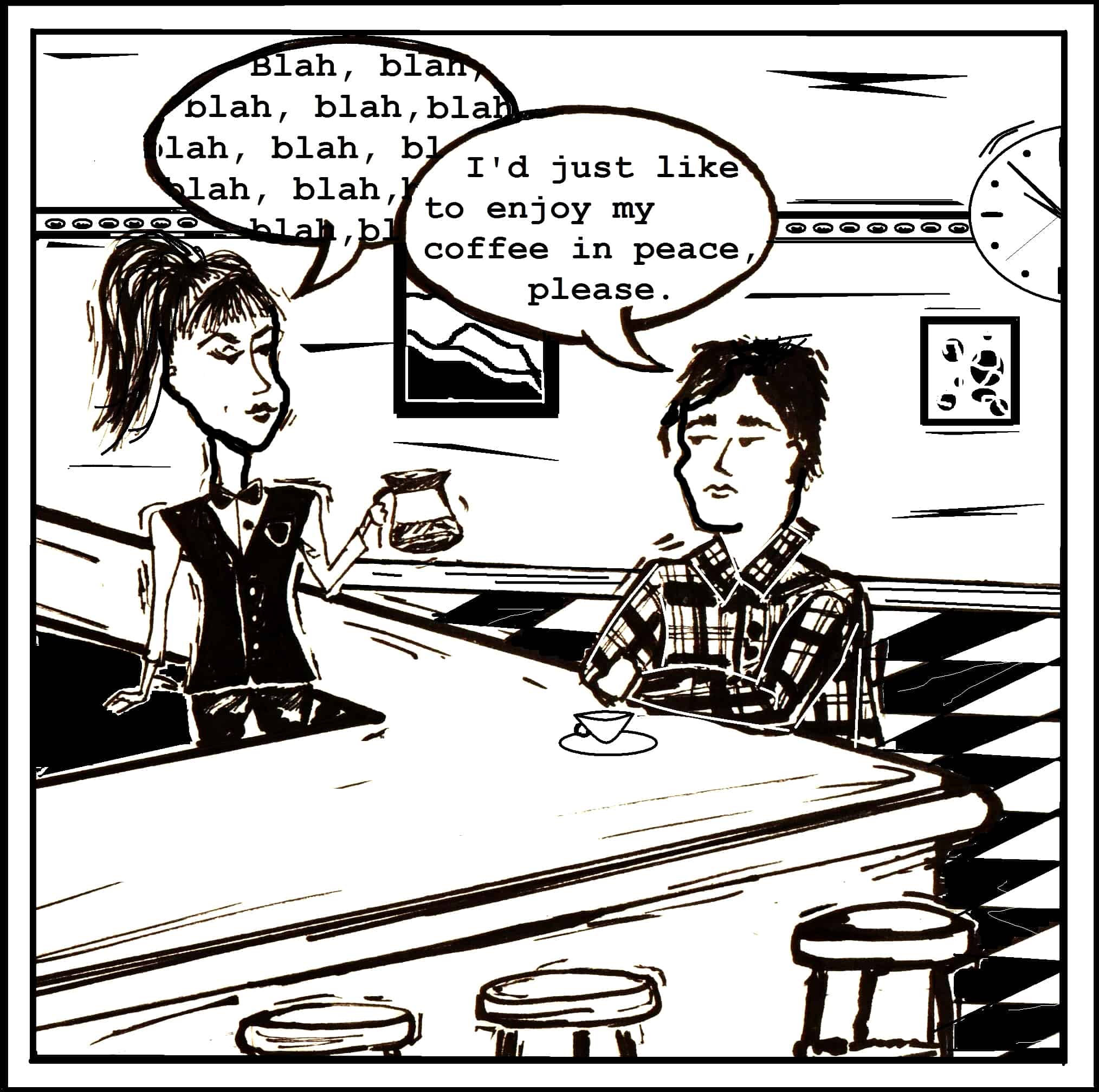Have you ever wondered why alone time is absolutely necessary for some, while others seem to simply recoil from it? Or why some people do just fine in one-to-one interactions, but get really quiet in group settings?
Introversion and extroversion are part of the mainstream vocabulary of our age used to categorize people. The terms were coined by early–20th century analytical psychologist Carl Jung and have since come to constitute a central part of human personality theories. They are thought to be two extremes of a continuous spectrum that is largely ambivalent in the middle. If neither personality type sounds much like you, you likely belong somewhere in the middle.
Introverts find their inner world endlessly stimulating and rewarding. They do welcome — and even sometimes crave — company, but not just any will do. While quite comfortable engaging in meaningful, one-on-one interactions, they don’t really see the point in small-talk or trying to shout over everybody else in a large gathering to make themselves heard. Introverts think before they talk and don’t comment on something unless they have something to say. Recharging after social situations is often necessary for them.
Extroverts, on the other hand, get bored with themselves quite fast. Generally, if no outside factor is interfering, the extrovert would always prefer the company of others to their own company. Extroverts need outside stimuli in order to feel fulfilled and take pleasure in group activities. They often think while they talk, not prior to it. Extroverts are commonly characterized as “energized” and “talkative,” among other things. What’s more, they also constitute the majority of the population. This means the general outlook of the society, and the standards it lives by, are, for the most part, geared towards accommodating the extroverted individual, while leaving little room for the subtleties of the introverted soul.
Here is yet another largely misunderstood, marginalized group, whose neglected rights and needs require immediate attention.
Comprising roughly 25 per cent of the population, introverts are a minority in the everyday world. There are many misconceptions, some quite damaging, associated with the commonplace understanding of them. Introverts are often branded with labels that bear negative connotations like “loner,” “withdrawn,” or “condescending.” Extrovert characteristics, in contrast, almost always come with positive ones such as “outgoing,” “people-person,” or “energetic.” These words frequently appear on people’s resumes and are believed to be a sign of guaranteed success in the workplace.
In a society so openly celebrating extroversion in all its forms, it may be quite liberating for introverts to learn that the lines of normalcy have, for the most part, been drawn by the extroverts. Introverts, being observant and reflective by nature, often find it easy to understand extroverts, who are more than ready to wear their hearts on their sleeves. Extroverts, on the other hand, absorbed as they are in talking, talking, and, after renewing their breath, talking some more, are often oblivious to how introverts function.
In her book The Introvert Advantage: How to Thrive in an Extrovert World, Marti Laney, who holds a PhD in psychology, explains that the introvert brain has a different response to dopamine than the extrovert brain. Introvert brains tend to be much more sensitive to dopamine, and, consequently, too much external stimulation tends to exhaust them. Extroverts, on the other hand, crave large amounts of dopamine, relying on adrenaline for its supply. The book also outlines how Broca’s area in the brain is generally less active in the extroverted brain. This, incidentally, is where most contemplation and “self-talk” takes place.
Introverts, therefore, are a special breed of humans: often more intelligent (various studies have shown that though a minority in the regular population, introverts are a majority in the “gifted” population), more sensitive, more level-headed, and better listeners. Pressure on an introverted individual to be more extroverted can be quite destructive, and often futile.
The extroverted majority needs to start respecting the preferences of introverts and accepting them for who they are. And how can the introverts themselves work towards having their status recognized? As with all struggles for recognition, a call for unity would be a good place to start.


